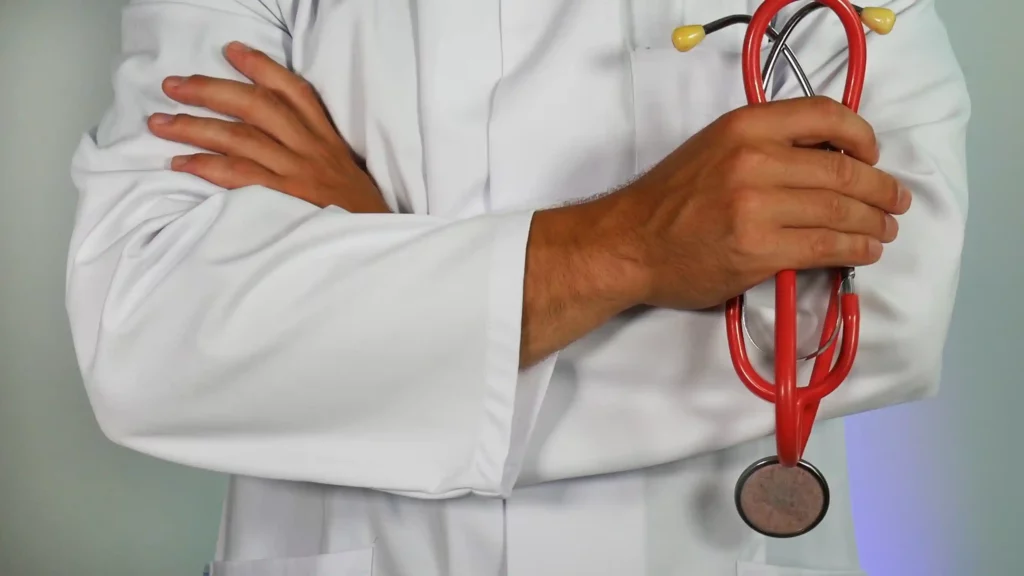Healthcare In prison
Health Care In Prisons UK have the same rights and services as those on the outside. However, the difference being, you can literally walk outside your house and appear at the doctors, dentist, hospital, opticians should you wish to choose to do so. Whilst in prison, this luxury is removed so you have to wait until your unlocked to get access to the most simplest of items such as paracetamol or ibuprofen if youre feeling unless.
Getting access to other services such as dentist, doctors or opticians can take some time with waiting lists of upto 12 weeks for an optician or dentist for example.
The healthcare system in UK prisons has long been a topic of concern for human rights activists and healthcare professionals. Prisons are a unique environment with specific healthcare needs, and providing adequate healthcare to prisoners is a fundamental aspect of ensuring their basic human rights.

Prison Healthcare services
The UK prison population has been increasing steadily over the past few decades, with over 80,000 people currently incarcerated across the country. Prisons are high-risk environments for the spread of infectious diseases, and the lack of access to quality healthcare can exacerbate existing health issues and put prisoners’ lives at risk.
Despite these challenges, the UK government has made efforts to improve healthcare in prisons in recent years. In 2017, the government launched a new strategy to improve the provision of healthcare in prisons, with a focus on promoting better mental health and addiction treatment services.

Prison Healthcare
Even though prisoners have the same rights to healthcare, getting access and the prison to be able to facilitate with short staff and a big prison population is tricky and usually inadequate.
Despite their best efforts, there are still significant challenges facing the provision of healthcare in UK prisons. For example, overcrowding is a major issue in many prisons, which can make it difficult to provide access to healthcare services.
Additionally, there is a shortage of healthcare professionals who are trained to work in the prison environment, and many prisoners have complex healthcare needs that require specialist care that may not be available in prison.
There are also concerns about the quality of care provided to prisoners, with reports of inadequate staffing levels, delays in accessing healthcare services, and instances of neglect and mistreatment.
Despite these challenges, it is essential that the UK government continues to prioritize the provision of healthcare in prisons. Improving healthcare in prisons is not only a matter of human rights, but it also has wider public health implications. By ensuring that prisoners receive adequate healthcare, we can help to prevent the spread of infectious diseases and reduce the risk of reoffending.
In conclusion, while there have been some positive developments in recent years, there is still much work to be done to improve healthcare in UK prisons. It is essential that the government continues to prioritize this issue and invests in the necessary resources to ensure that prisoners receive the same standard of healthcare as the general population.
Read the official Gov stance on healthcare in prison here
Looking to get cheaper prison calls. CLICK HERE



